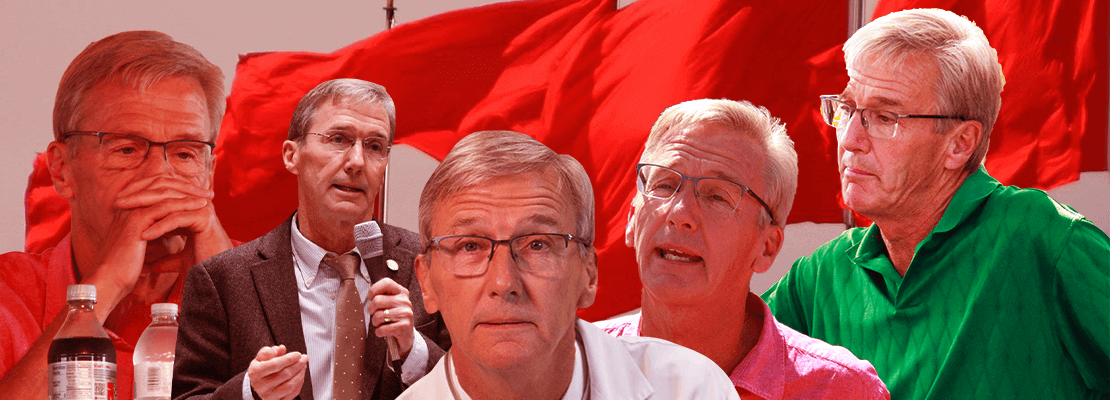Progressive Roundup: Week Of Women, More Reserve Funds, New Laws In Effect, Digital Economy Boom.
BY:
 Every week, Alliance for a Better Minnesota will highlight the important work being done in the progressive community. Focusing on issues that impact Minnesotans’ lives, this important work helps Minnesota continue moving forward.
Every week, Alliance for a Better Minnesota will highlight the important work being done in the progressive community. Focusing on issues that impact Minnesotans’ lives, this important work helps Minnesota continue moving forward.
Single Women Have Political Power: An article by the New York Times this week discussed how the decline of marriage over the last generation has helped to create a new powerful voting bloc in the form of unmarried women. The article said that unmarried women are more likely to vote for progressive causes, such as autonomous healthcare. There are an estimated 56 million single women who are of voting age in the United States.
Justice Ginsburg’s Scathing Dissent: Although women everywhere took a hit this week when the SCOTUS ruled that certain employers can opt out of providing insurance coverage for birth control, there is some hope for progress. Justice Ruth Bader Ginsburg wrote a 19-page dissent in the Hobby Lobby ruling, emphasizing how detrimental the ruling is to women. The five votes to approve the ruling were made entirely by men, and Justice Ginsburg’s dissent highlights that this ruling could cause the court to “venture into a minefield.”
Minnesota’s Planning Ahead: Earlier this week, Governor Mark Dayton hailed the news that state finance officials deposited $150 million into Minnesota’s budget reserve, which strengthens the state’s financial standing in the case of an economic downturn. The total budget reserve is $811 million, and it’s at its highest level in history.
New Laws Take Effect: This week, new laws took effect in Minnesota. Some of them include banning e-cigarettes in day care and healthcare facilities, granting $1.1 million to the University of Minnesota to study bees and pesticides, and exempting anyone from drug possession charges who seeks help for a heroin user. Read the full list of new laws here.
Digital Economy Boom In Minnesota: A report by the Information Technology and Innovation Foundation (ITIF) found that Minnesota is in the top percentile of states that have the most adaptable digital economy. This means that we use digital technology for more government services, our farmers use the internet for business, we have faster broadband, and we utilize health information technology more than other states.
JOIN US.
contribute to the conversation


